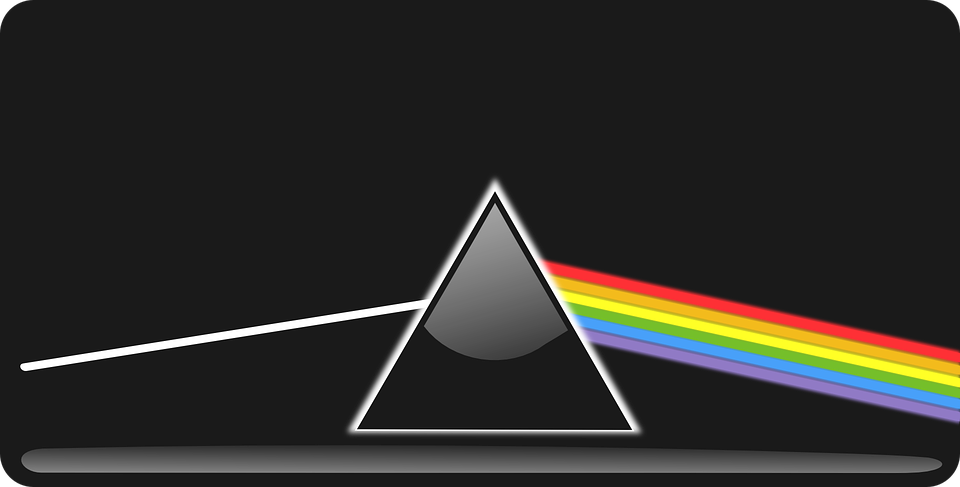Why is Our Sky Blue?
Written by Harman Dhingra, a grade 2 student (originally published in May 2020)
Have you ever wondered why the sky is blue? Here is the reason…
Written by Harman Dhingra, a grade 2 student (this is an archived piece , was originally published in May 2020)
Have you ever wondered why the sky is blue? Here is the reason…
Why is the sky blue?
To know this, you first need to know something about a prism – what it is and the way it works.

A prism is a special crystal that breaks white light into seven different colours.
This is what happens when the Sun’s white light passes through the atmosphere of the Earth – it bounces on the water and gas molecules that behave like a prism.
When the light passes through these molecules it gets scattered into seven different colours.
This scattering is called Rayleighs scattering. Though there are millions of colours, our eyes can see only some.
Each colour has its own wavelength, the shortest one being blue, and the longest one being red. Due to this short wavelength, the blue colour scatters the most, while other colour lights don’t scatter as much.
This is why, when the sun is above you, light travels a shorter distance through the atmosphere to reach the ground, and since blue light is scattered all around, we see the sky as blue.
Now we need to know in the evening why the sky is red.
In the evening when the Sun is going to set, its white light has to travel a longer distance through the atmosphere. In this travel, the blue light scatters and does not reach the Earth. However, the red, orange and yellow lights that have longer wavelengths, reach the Earth. So the sunset looks beautiful scarlet coloured.
Do you think all planets have blue skies?
No, all planets do not have blue skies. Some of them have brown skies, like Mars. However, Uranus and Neptune have blue skies, but it is a different shades of blue. The colour of the sky depends upon the gases that the atmosphere is made up of. Scientists have also discovered that some exoplanets have blue skies.
Also Read: Fun Facts about Solar Systems

Better Your Child’s G.K. In 3 Minutes – Get This Free Newsletter
Get fun facts, simple and easy news, quizzes, and lots of other interesting things to read in your mailbox – for free! It’s what we call GK-on-the-go!
I Kid You Not now has a large readership across India and also parts of the world. If you want to write for us, you can submit your story here. You can also apply to become a news anchor. Apply here



Comments
WoW! Well written Harman. You have simplified the subject very well. Kudos my boy.
Harman ,you must be the youngest writer in this group.the way you are explaining everything…….I don’t have any words.beautiful.god bless you.excellent work.keep it up.
Nice Job but I wanted to say that it is very obvious but wow